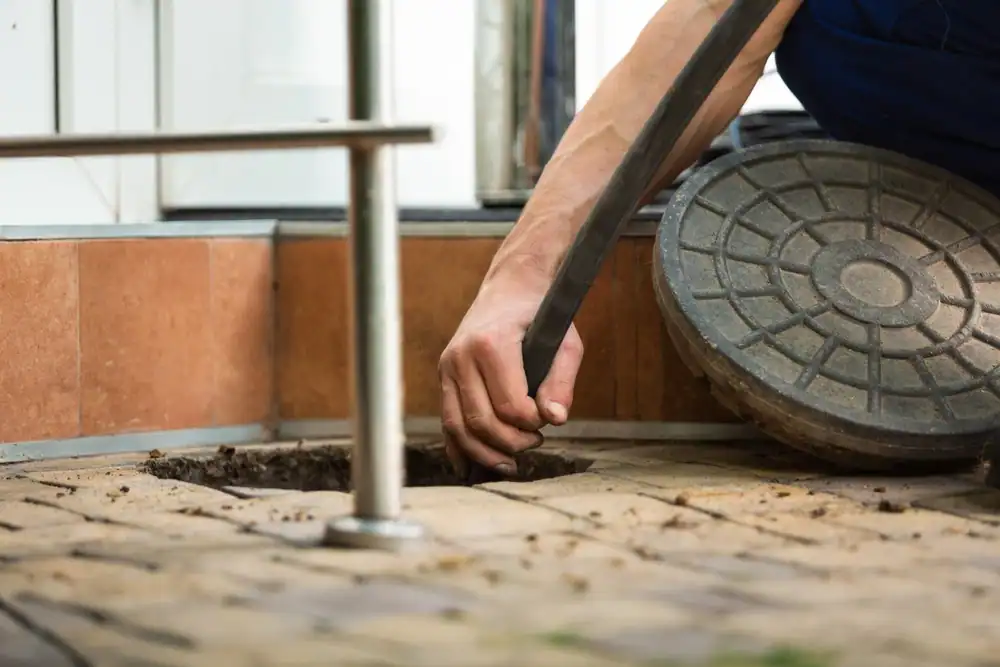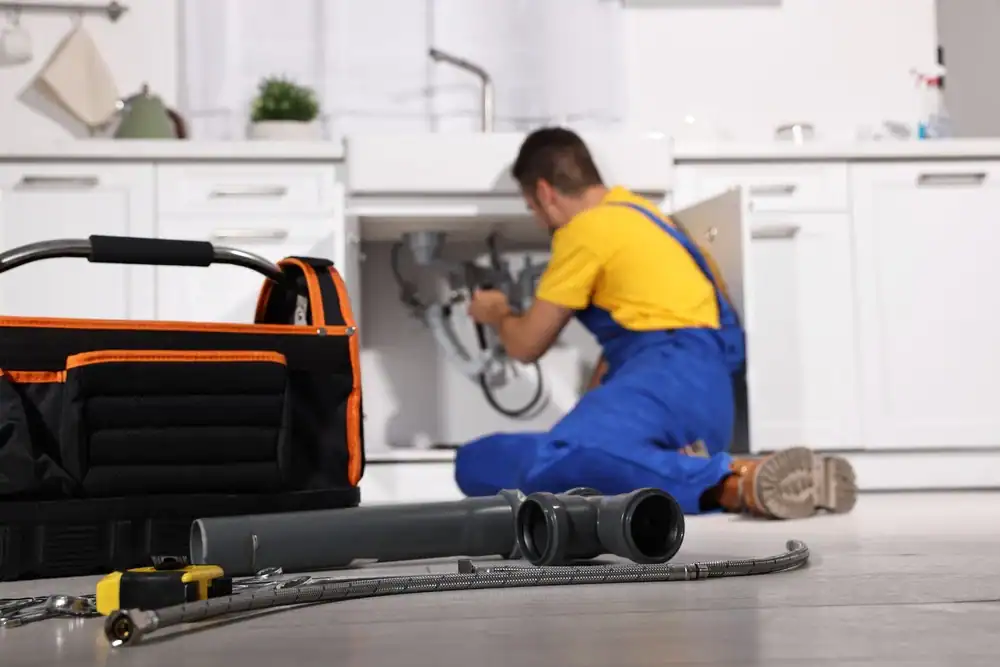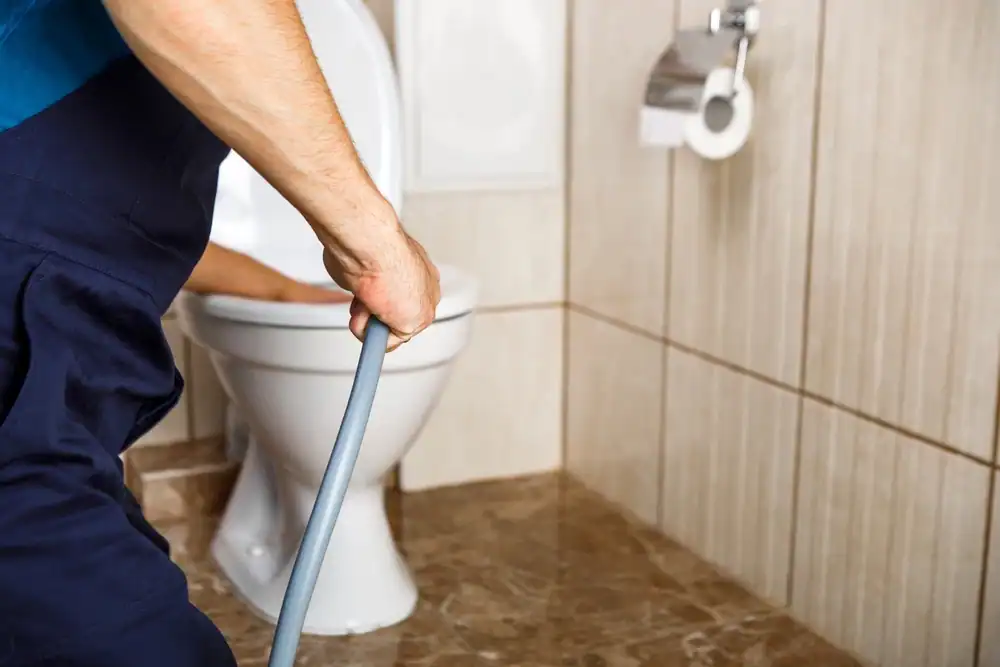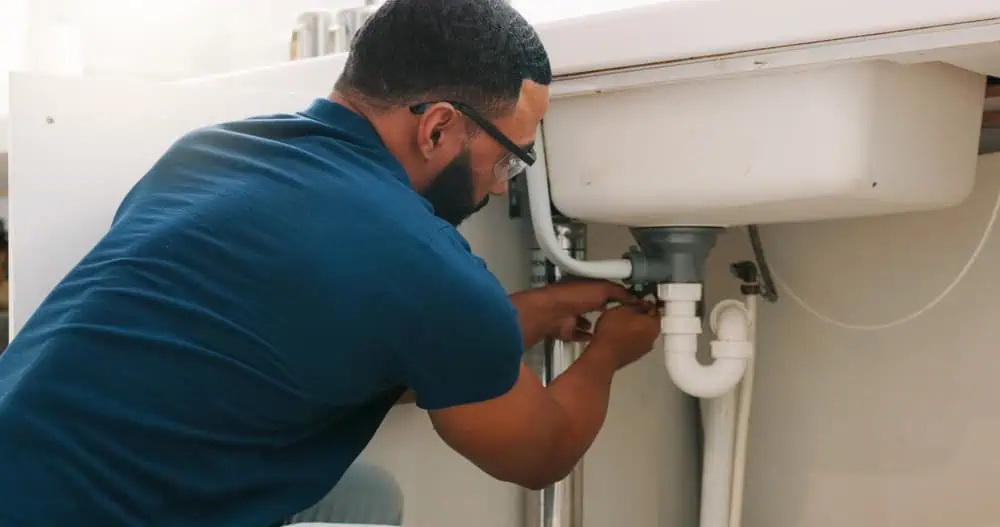Summary:
Recommended Frequency for Professional Plumbing Inspections
As a general guideline, an inspection every two years is advisable for most residential plumbing systems. However, your specific circumstances may require a different schedule. A newer home with modern PEX or copper pipes might only need a checkup every three years. In contrast, many older St. Charles homes with their original galvanized steel pipes could benefit from an annual inspection by a plumber. If you have recently dealt with several issues, have hard water, or observe fluctuations in water pressure, more frequent checks are a sound financial decision. This preventative action is the best way to manage your plumbing system’s health.
Warning Signs That You Need an Inspection Now
Your plumbing provides clues when a problem is developing. Low water pressure can point to hidden pipe corrosion requiring pipe repair. Water that has turned discolored may indicate sediment in your water heater or pipe corrosion. Strange sounds, such as gurgling drains, require immediate attention from a licensed plumber because they may indicate blockages. Higher than normal water bills often indicate hidden issues. A professional can use specialized leak detection equipment to locate problems that are not visible, preventing expensive water damage and repairs.
Factors That Influence Inspection Frequency
Your plumbing provides clues when a problem is developing. Low water pressure can point to hidden pipe corrosion requiring pipe repair. Water that has turned discolored may indicate sediment in your water heater or pipe corrosion. Strange sounds, such as gurgling drains, require immediate attention from a licensed plumber because they may indicate blockages. Higher than normal water bills often indicate hidden issues. A professional can use specialized leak detection equipment to locate problems that are not visible, preventing expensive water damage and repairs.
Want live answers?
Connect with a FloTek Plumbing expert for fast, friendly support.
What a Professional Plumbing Inspection Covers
A thorough inspection examines your entire water system. A trained plumber uses specialized equipment and knowledge to spot problems that are not visible to the untrained eye. The process typically requires two to three hours. Following the inspection, you will receive a detailed report outlining any findings. The report will prioritize issues, helping you make informed decisions regarding repairs and upkeep. This approach gives you control over your home’s maintenance budget and schedule, preventing the surprise of a sudden system failure.
Inspecting the Water Supply System
The water supply review begins at the main water line. Water pressure is measured to find restrictions indicative of pipe issues. A water heater inspection is a vital part of this process. The unit is examined for corrosion, and its components are tested. This can help you avoid a sudden failure and the need for emergency repairs to your water heater. Visible pipes are checked for wear, and fixtures are analyzed for small leaks or worn seals. Addressing these minor items can prevent the need for a more significant pipe repair in the future.
Checking the Drainage and Sewer System
The drainage assessment concentrates on the efficiency of wastewater removal. We test the drains to detect any slowness, which could indicate a clog and necessitate professional drain cleaning. A sewer line inspection uses modern video camera technology, allowing a plumber to see deep inside your pipes without any digging. This camera can uncover tree root intrusion or pipe damage. The vent system is also checked to confirm it allows air into the pipes, which is necessary for proper drainage. The final report will detail all findings and provide cost information for any suggested plumbing repair.
Protecting Your Home with Regular Plumbing Maintenance
Regular inspections are a safeguard against expensive surprises. For most St. Charles homeowners, being inspected every two years offers a good balance of preventative action and value. These plumber services provide a clear evaluation of systems that are mostly out of sight. Catching small issues early is less costly than calling an emergency plumber. When you are ready to schedule an inspection with a certified plumber, contact us. A local plumber can provide a direct assessment to help you manage your home’s upkeep.




